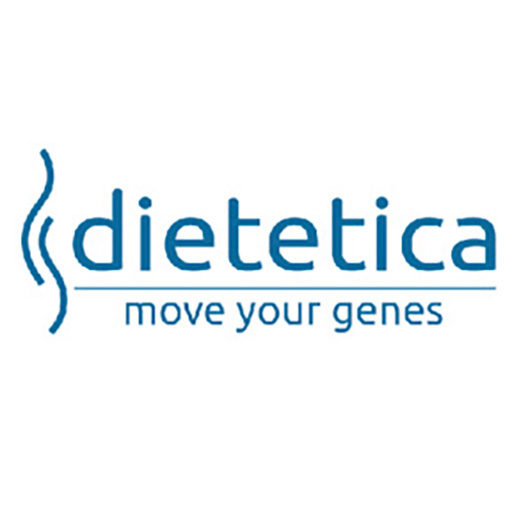
29 gru Leaky gut syndrom- how intestines change our mentality part.1
One source provides information that a typical person consumes and digests nearly 30 tons of food, and drinks 50 thousand liters of liquids in 75 years. We should bear in mind that with every single bite an extreme number of bacteria, viruses and fungi are transported along with nutrients into our intestines. Some of these elements can cause illnesses.
What lives in our gut?
10 13 – 10 14 microorganisms; the number is 10 times bigger than the number of cells in our body and the bacterial genome is 150 times bigger than our genome. Anaerobic bacteria,viruses, protozoans, Archaebacteria and fungi are common in the intestine.1000-35 000 species have been discovered (most are not described). Anareobic bacteria are more common than aerobic bacteria, their number can be even 1000 times higher. The content of the bacterial flora in unique for every individual, but microbiota consists of two main phylotypes: Bacteroidetes i Firmicutes. Less common are: Proteobacteria, Actinobacteria, Fusobacteria, i Verrucomicrobia phyla
How is it possible that we are healthy even though we have pathogenic bacteria inside our gut?
A lot depends on the way we were born and if breastfeeding was a part of our early life. It is also important how we manage our bacterial flora later in life. We modify our bacterial flora with specific foods (eg. different contents and proportions of vegan and non-vegan diet), medicaments, and exposure to stress. Therefore from the earliest moments of our lives we acquire qualities that may be helpful or harmful in the future.
Red more:
Gill, S. R., Pop, M., Deboy, R. T., Eckburg, P. B., Turnbaugh, P. J., Samuel, B. S., Gordon, J. I., [2] Relman, D. A., Fraser-Liggett, C. M., and Nelson, K. E. (2006). Metagenomic analysis of the human distal gut microbiome. Science 312, 1355–1359.
Eckburg, P. B., Bik, E. M., Bernstein, C. N., Purdom, E., Dethlefsen, L., Sargent, M., Gill, S. R.,
Nelson, K. E., and Relman, D. A. (2005). Diversity of the human intestinal microbial flora. Science 308, 1635–1638.

